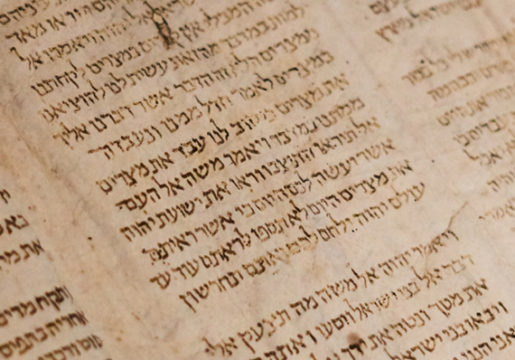
God’s Relationship to Mankind
In addition to—and separate from—the seven distinct dispensation eras, many Bible experts also highlight seven covenants that God made with mankind. A covenant is a promise or a contract between God and his people. Some covenants are conditional, while others are unconditional. Dispensations concern God’s plan for history, while covenants concern God’s relationship to mankind.
Here is a list with the key element of each covenant:
The Adamic Covenant: Genesis 1:26-30; 2:16-17; 3:16-19
This covenant gave man stewardship authority over creation, then added curses to the stewardship because of the fall.
The Noahic Covenant: Genesis 9:8-17
God unconditionally promised that he would never destroy the world with water again. He gave the rainbow as a sign of this promise and a reminder of judgment.
The Abrahamic Covenant: Genesis 12, 13, 15, 17, 22
God promised he would show Abram (who would later have his name changed to Abraham) a land, make his name great, give him innumerable descendants, make him the father of many nations (most prominently one key nation in Canaan with specific boundaries) and that the entire world would be blessed through his bloodline (pointing to Jesus, who came from Abraham’s line and died for the sins of the whole world).
The Land Covenant: Deuteronomy 30
This covenant builds on the Abrahamic covenant, but was directed to the Jewish people corporately. It is a conditional covenant that promised blessings for obedience and judgment for disobedience. It also included unconditional details regarding the return of the Jewish people to their land after judgment and dispersion.
The Mosaic Covenant: Exodus 20; Deuteronomy 11
This covenant included the Ten Commandments and the law, as well as conditional aspects which brought blessing or judgment. The books of Joshua through Esther track the history of the ebb and flow of God’s blessing and judgment as the Jewish people made their way through seasons of obedience and disobedience.
The Davidic Covenant: 2 Samuel 7:8-16
In this covenant, God unconditionally promised that he would be prince over Israel, that he would make David’s name great, that he would plant Israel in a kingdom, that he would have rest from his enemies, that sometime after David’s death someone from his line (Jesus) would be disciplined for sin “by the stripes of men” (veiled language that his punishment would be for the sins of others and by the hand of others), and would establish a kingdom forever.
Luke 1:32-33— He will be great and will be called the Son of the Most High. The Lord God will give him the throne of his father David, and he will reign over Jacob’s descendants forever; his kingdom will never end.
The New Covenant: Jeremiah 31:31-34
This covenant was made with Israel and all mankind. This mirrors the ministry of Jesus who came first to the household of Israel (Matthew 15:24), then to the entire world (John 3:16, Acts 1:8)
Note that the covenants are progressive in nature. That is, they make full sense only as understood in the context of previous covenants. An awareness of these covenants is extremely important because they relate to Bible prophecy. Most notably, there are unconditional promises that have not yet been fulfilled and are yet future. God will fulfill these future covenant promises—otherwise, he cannot be trusted. We need to remember that God’s current track record of fulfilling Bible prophecy and biblical promises stands at 100 percent. We can count on the future fulfillment of these covenant-related prophecies.
